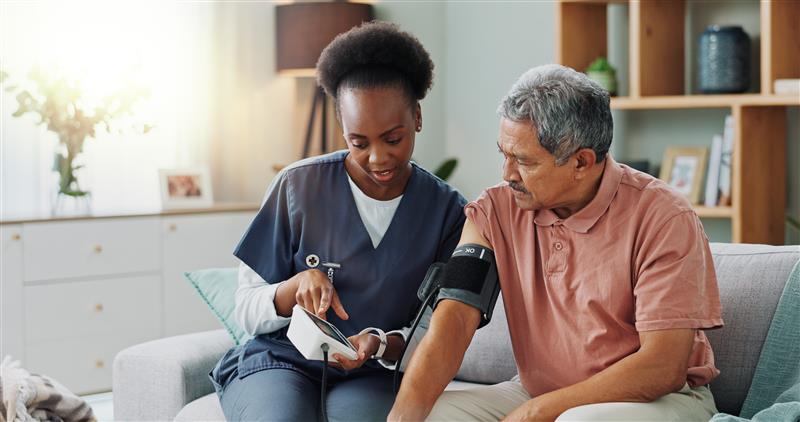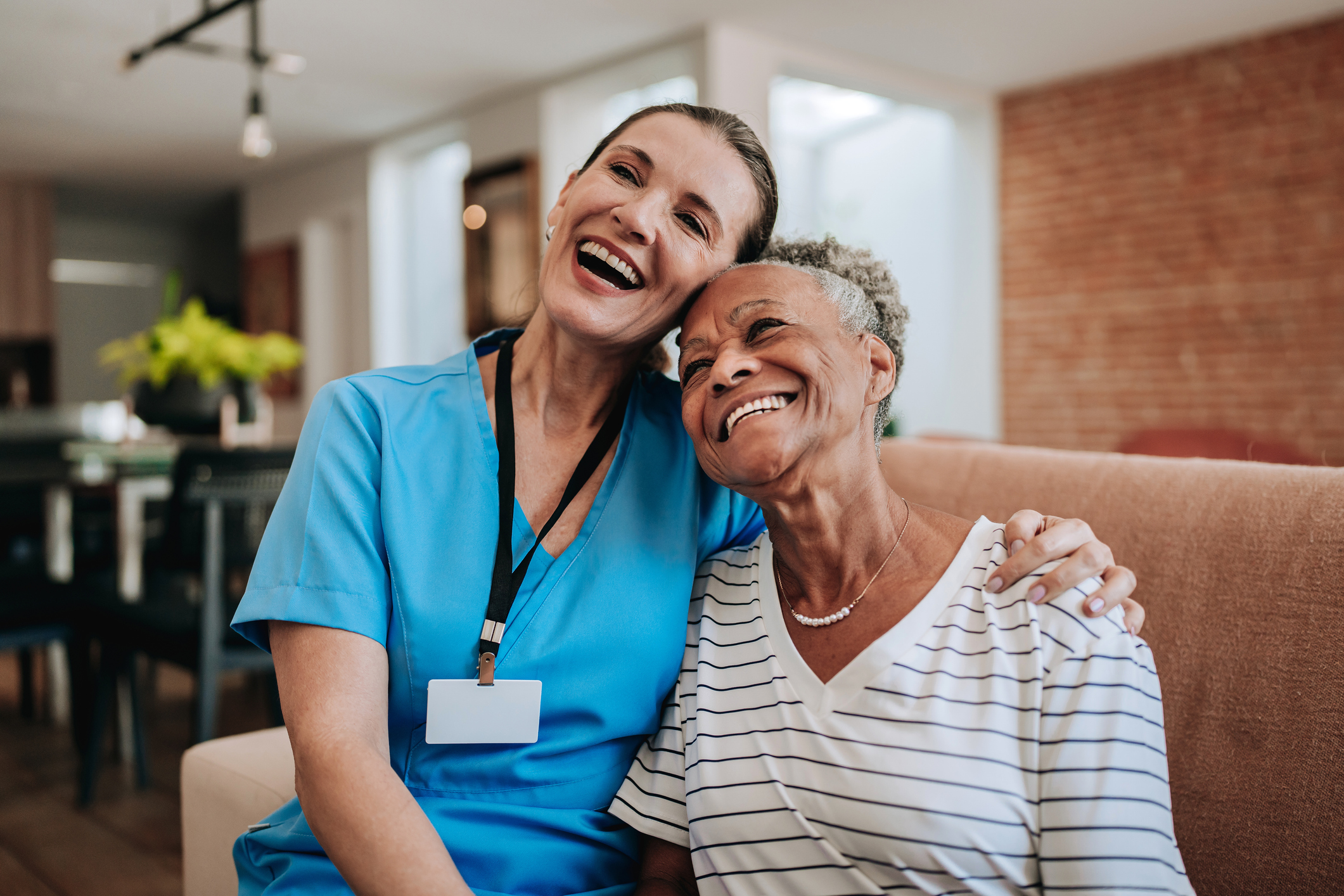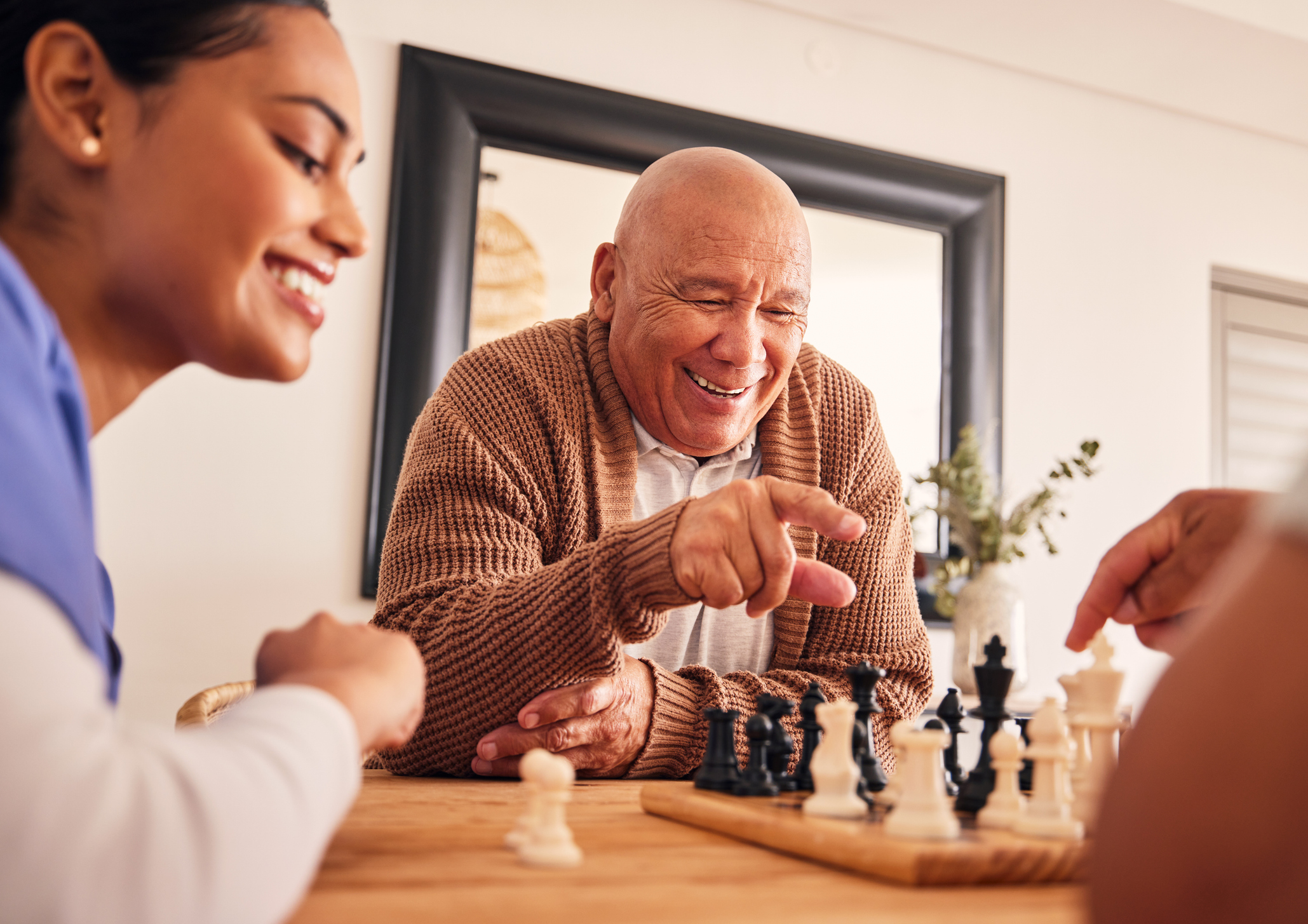Fall prevention is increasingly important as people age to protect their health and safety. So, a proactive approach is essential for maintaining independence and minimizing potential risks for seniors.In this article, we'll discuss fall prevention strategies, offering valuable insights into safeguarding the health and vitality through changes in the home/environment to improve personal care.
How to Prevent Falls for Seniors?
Balance problems, muscle weakness, and eyesight deterioration can increase the falling risk in seniors. However, following simple fall prevention advice in this article will help reduce your risk of serious injuries. Let’s start with nutrition:Proper Nutrition & Hydration
The health of your bones depends on eating a well-balanced diet having nutrients like vitamin D and calcium. Furthermore, maintaining proper hydration is essential because dehydration can increase the risk of falling, causing drowsiness and impairing cognitive function.Exercise Daily
Regular physical activity is essential to preserving flexibility, balance, and strength. Exercises that emphasize these areas can significantly lower the chance of falling. Some excellent options include walking, Tai Chi, yoga, and water aerobics.Seniors can preserve bone density and muscular mass by performing exercises focusing on their primary muscle groups.Regular Check-ups
Routine visits to the doctor can aid in identifying and treating health problems that may raise the risk of falling. Regular check-ups can help better manage conditions, including balance issues, low blood pressure, and other health issues.Moreover, seniors should routinely discuss their drug regimen with their doctor. Falls can be made more likely by the side effects of several drugs, such as sleepiness or dizziness. If necessary, medical professionals might change drug dosages or provide alternatives.Proper Footwear & Clothing
Seniors should put on properly fitting footwear with non-slip soles and low heels. These shoes reduce the chance of sliding or tripping when walking by providing stability and support.Also pay attention to extremely loose clothing which can occasionally increase your risk of falling. Choose clothing that fits better and has properly finished hems so it won't pile up or drag on the floor.Stay Active & Engaged
Seniors who engage in social activities, hobbies, and interests remain physically and psychologically active. Maintaining this activity level can help avoid physical deterioration and lower your risk of falling due to inactivity.Family members and caregivers are essential in preventing falls. They can help, remind seniors to take precautions, and provide emotional support.Conduct Fall Risk Assessment
A fall risk assessment entails identifying potential risks in the senior's home and evaluating their physical condition. With the aid of this assessment, one can find areas of worry and take proactive steps to reduce risks.3 Home Safety Measures for Elderly Fall Prevention
Creating a safe home environment is crucial for preventing falls among older adults. Here are a few home safety measures you can take to reduce fall risks:1. Ensure Proper Lighting at Home
Ensure the home is well-lit throughout, particularly in the corridors, staircases, entrances, and essential rooms. Additionally, you can install motion-sensor lighting in any areas that elderly members of your family might use at night.2. Clear Pathways & Arrange Furniture
It is necessary to clear clutter, shoes, and other items that one might trip over from hallways, entrances, and other common walking areas. Furthermore, it would help if you cleared walkways of unsecured cables and cords to reduce the risk of falls.You can also, reduce the chance of collisions or trips by arranging furniture to make open areas and clear walkways. Remember to remove any furniture with edges or corners that could cause injury in the event of a fall.3. Bathroom Safety
You can install grab bars close to the bathtub, shower, and toilet to provide stability while standing, sitting, and moving about. Also, use a non-slip bath mat to avoid slipping in the shower or tub. Consider getting a higher toilet seat to ease the strain while sitting and standing.Long-term & Short-term Impact of Falls on Seniors
Seniors who fall can experience short and long-term effects on their health, happiness, and quality of life.Long-term Impacts
- Decreased Mobility
- Loss of Confidence & Social Isolation
Short-term Impacts
- Physical Injuries
- Loss of Independence




